Lionsgate Deal With Runway AI
Lionsgate Embraces AI for Film and TV Production: A Briefing
In a significant move for the entertainment industry, Lionsgate has announced a new partnership with AI firm Runway. This collaboration will focus on leveraging generative AI technology to support film and TV production, a move that could reshape how content is created across the industry.
Key Partnership Details
Lionsgate, known for blockbuster franchises such as John Wick and The Hunger Games, is joining forces with Runway to develop an AI model specifically trained on the studio’s extensive film and television library. The model is designed to offer “cutting-edge, capital-efficient content creation opportunities,” according to Michael Burns, vice chair of Lionsgate. This partnership comes as part of a broader trend of studios exploring artificial intelligence as a tool for both pre-production and post-production processes.
The potential benefits are clear. AI can help streamline the production process, allowing for cost savings—an appealing prospect for a studio that has traditionally prioritized budget-conscious strategies. Burns emphasized that the technology could help Lionsgate develop innovative and efficient methods of content creation.
Potential Benefits of the AI Model
The AI partnership with Runway is expected to open new creative avenues for Lionsgate. Cristóbal Valenzuela, CEO of Runway, highlighted that the goal is to offer filmmakers the “best and most powerful tools” to enhance their workflows. The AI model can assist in various stages of production, providing opportunities for creative professionals to bring their visions to life in new ways.
In addition to fostering creativity, the AI tools are seen as a way to enhance cost-efficiency. Streamlining production with AI could help Lionsgate reduce expenses while maintaining a high level of output, aligning with the studio’s focus on maximizing resources.
Industry Implications
Lionsgate’s partnership with Runway reflects a growing trend in Hollywood, where AI technologies are becoming more widely adopted. Studios are increasingly looking to AI to help with everything from visual effects to scriptwriting, hoping to reduce costs and speed up production timelines. However, this shift is not without its challenges.
The rise of AI in the entertainment industry has raised ethical and legal concerns, particularly regarding job displacement and the potential misuse of actor likenesses. Recent legislation, such as a new California law regulating AI-generated performance replicas, underscores the need for clear guidelines as the technology becomes more integrated into film and TV production.
Looking Forward
As the partnership between Lionsgate and Runway moves forward, it represents a crucial step in the entertainment industry’s embrace of AI. While promising enhanced creativity and cost savings, studios like Lionsgate must also carefully navigate the ethical and legal challenges that accompany AI’s rise. The success of this venture will likely depend on balancing innovation with responsible implementation.
For the full details on this development, visit The Hollywood Reporter .




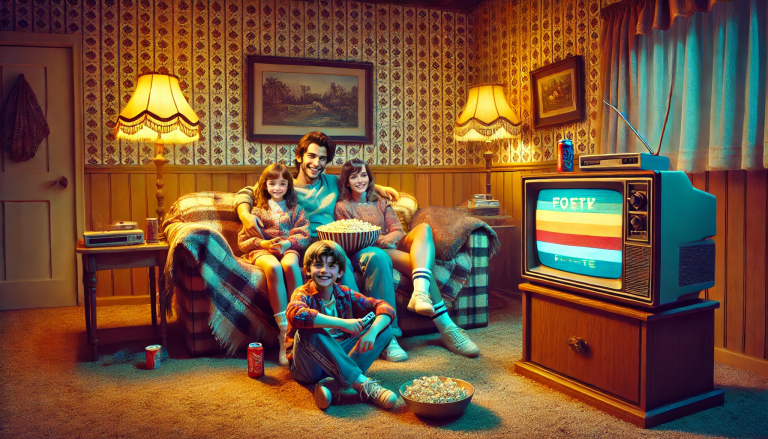
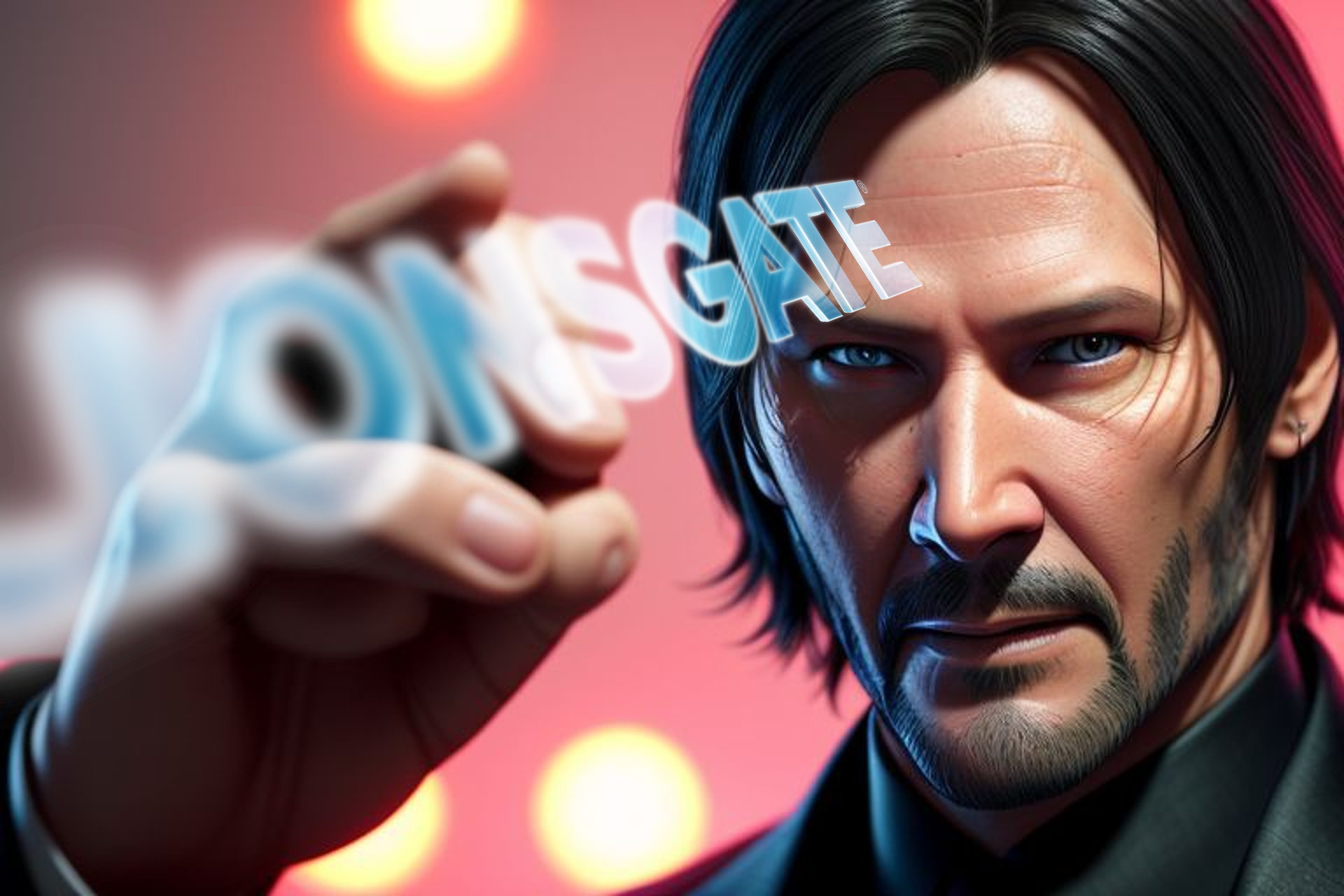



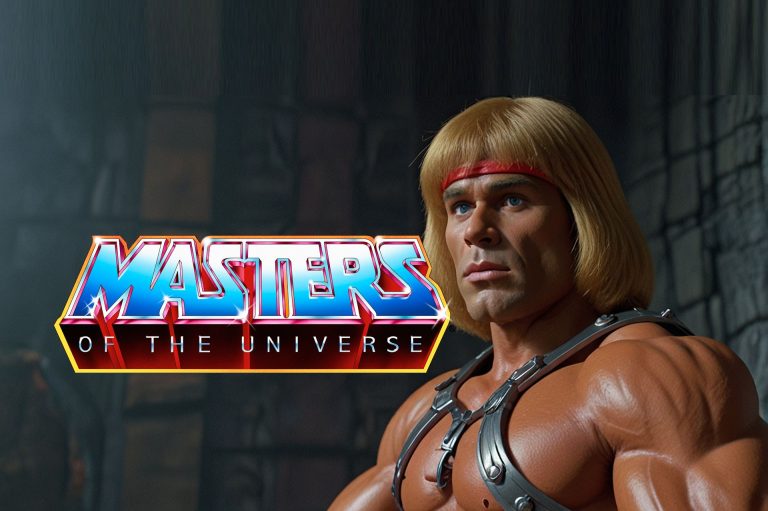


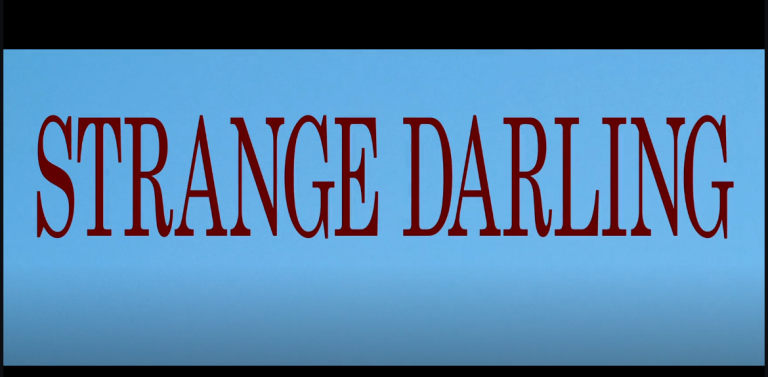

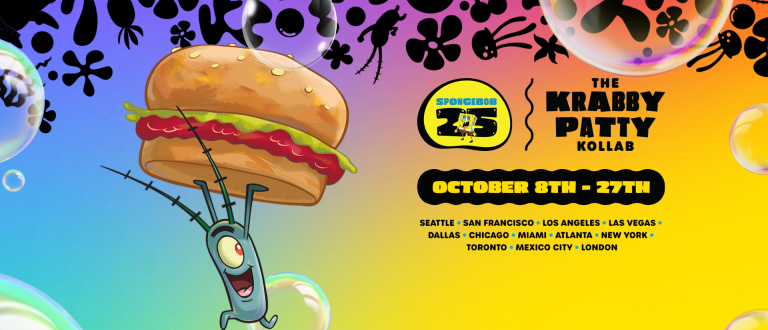
+ There are no comments
Add yours